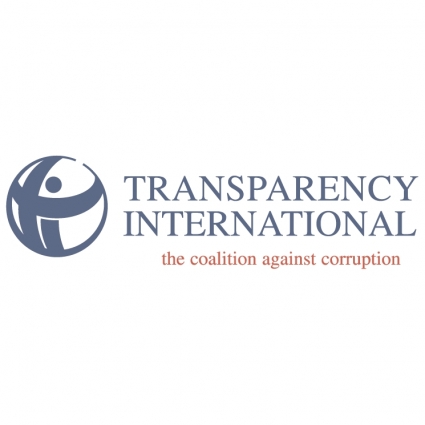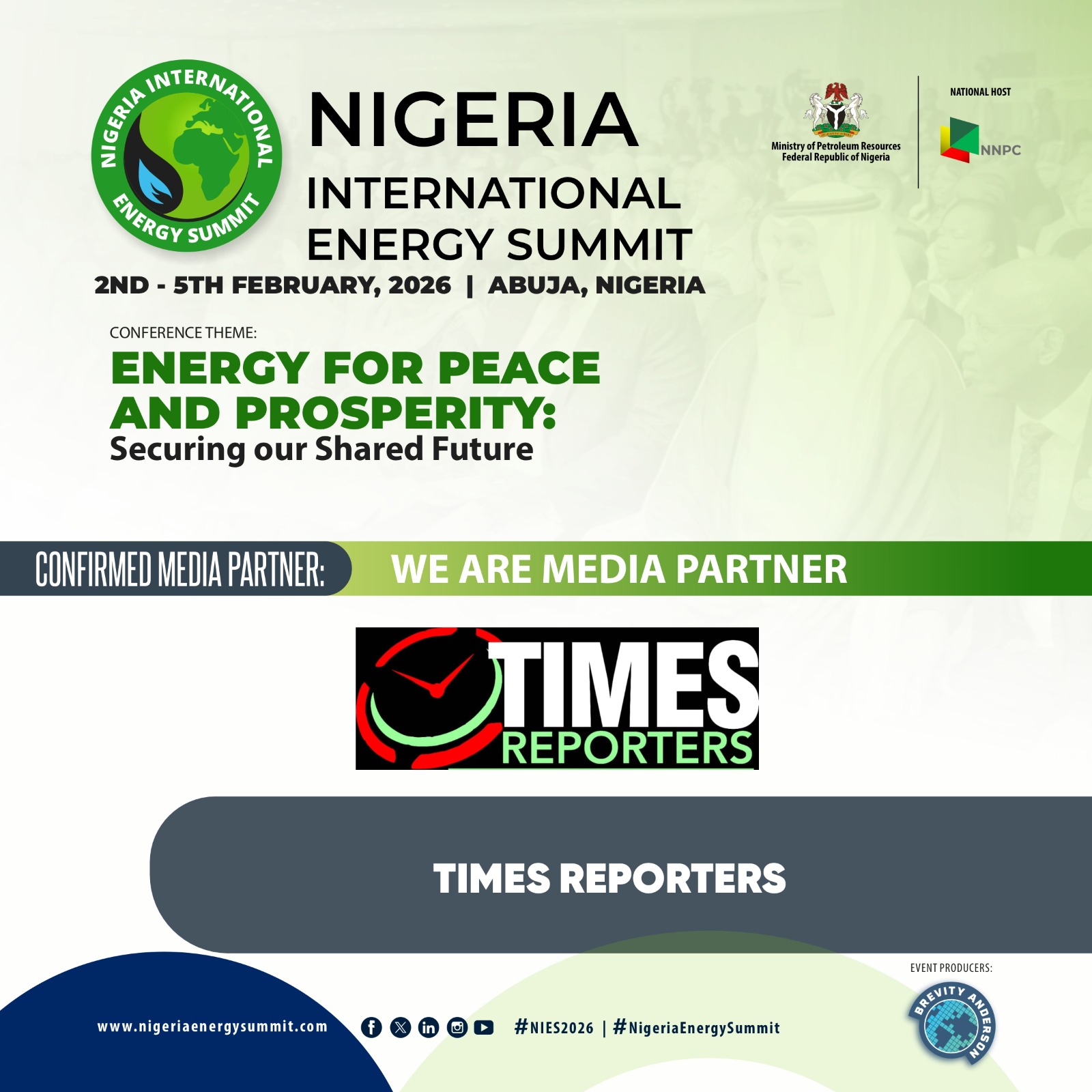
Graft assessment body Transparency International (TI) on Tuesday, released its global corruption perception index, indicating that Nigeria has again fallen by four places on the ranking scale.
In the index released by the Civil Society Legislative Advocacy Centre (CISLAC) noted that despite scoring 24 out of 100 points in 2022, it fell from 150th to 154th out of 180 countries assessed in the 2022 ranking.
The CPI is TI’s tool for measuring the levels of corruption in the systems of various countries around the world.
A country can score maximum points 100 points, and the least is zero. Zero signifies the worst-performing government, and 100 is the best-ranked.
The latest ranking from TI comes despite repeated pledge by the administration of President Muhammadu Buhari to fight against corruption.
Both CISLAC and TI believes that factors that may have been responsible for the drop in ranking includes recent pardon of high profile individuals. According to the graft assessment agency such acts by the Buhari administration is damaging as it fails the test of equity and fairness, especially when those pardoned were Politically Exposed Persons.
The prevalence of high profile corruption cases, especially the recovery of N30billion from the former Accountant General of the Federation by the Economic and Financial Crimes Commission is believed to underscore how deep corruption is entrenched in Nigeria.
TI also listed oil theft as graft which has continued despite presence of numerous security agencies in Nigeria, including increased spending on security which has been a major challenge in the country’s anti corruption efforts.
The opaqueness of the subsidy regime in Nigeria was also taken into cognisance while ranking Nigeria’s Corruption index. According to TI, in 2022, Nigeria’s National Assembly approved 4 trillion as subsidy payments for the year 2022, representing about twenty four percent of the national budget.
CISLAC lamented that despite this, Nigerians were subjected to queues for most of 2022 to get fuel, “there was also a disparity in the price with citizens having to purchase the product above the range of official price in different parts of the country”.
Beyond these, CISLAC/TI rated Nigeria poor on the basis of lack of transparency and accountability in the security sector, lack of transparency in constituency projects, judicial challenges among other salient factors militating against Nigeria in the war against graft.
In the methodology adopted by TI in its latest ranking, it is believed that the Buhari administration’s pardon granted to two jailed former governors – Joshua Dariye of Plateau State and Jolly Nyame of Taraba State – in 2022 marked as a significant setback in the country’s anti-corruption efforts.
While granting the two former governors pardon in April 2022, the Supreme Court had affirmed their convictions and sentencing, even when they had yet to serve half the length of their jail terms.
Also, corruption has continued to permeate the public and private sectors despite the government’s efforts to deter the menace.
Transparency International Chair, Delia Rubio, said governments worldwide have failed to progress against corruption.
Rubio called for all governments to work for all people, not just an elite few.
“Corruption has made our world a more dangerous place. As governments have collectively failed to progress against it, they fuel the current rise in violence and conflict – and endanger people everywhere. The only way out is for states to do the hard work, rooting out corruption at all levels to ensure governments work for all people, not just an elite few”, Rubio stated.









